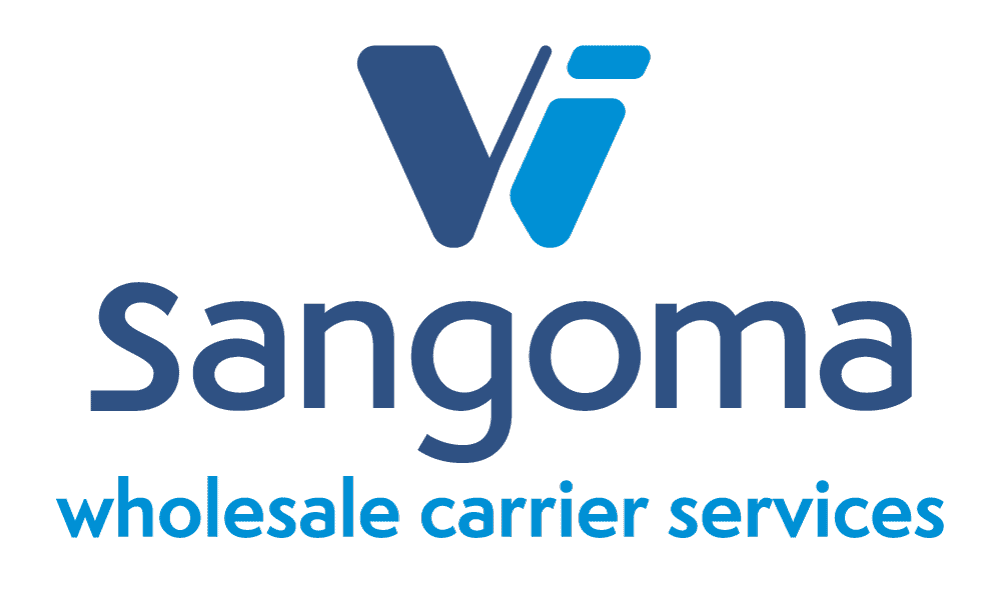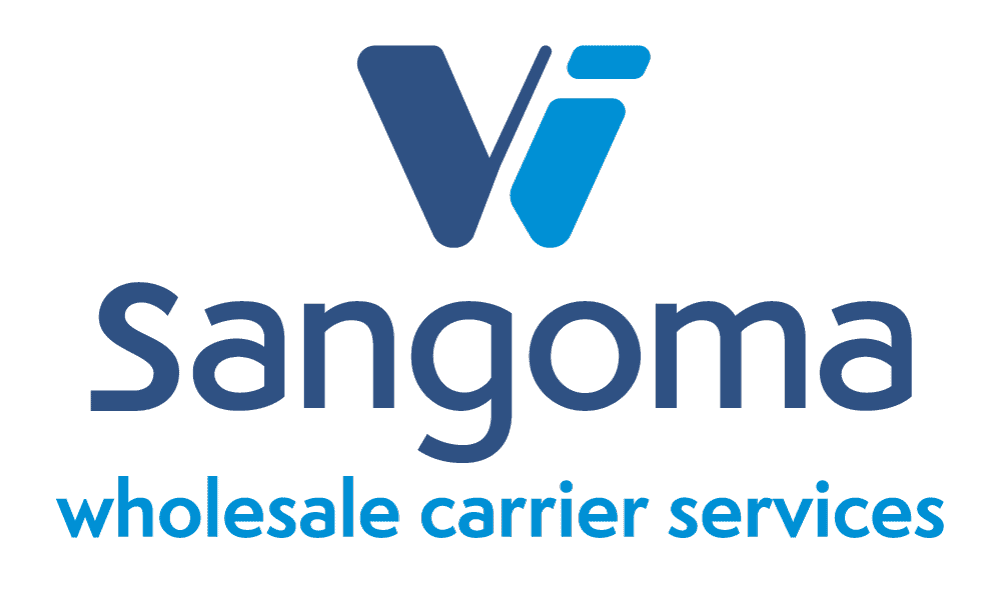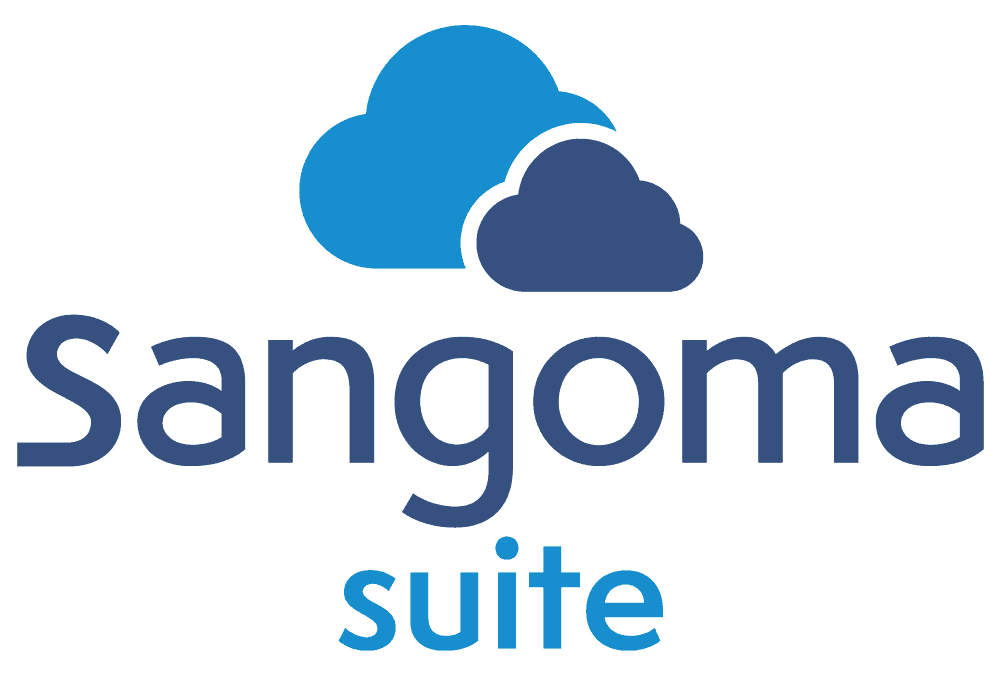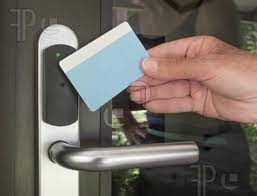The Challenges with RFID keycard Access Control
For the past 40 years, businesses have been securing their office surroundings with access control systems based on RFID technology. This allows entry to buildings by simply waving an authorized keycard or fob within proximity to a door reader, which unlocks the door. But there are major challenges with this technology around security, lack of keycard and fob authorization, and inefficient management.
Security
A fundamental concern with RFID keycards is that they can be easily cloned. This means a bad actor with access to a cloning device (which are easily available online for just a few dollars) can quickly copy a keycard, simply by being within proximity to the person with the keycard. They can then enter the premises, and steal corporate data and/or products (or even harm individuals inside). There are plenty of references online and even instructions on how to do it. But we won’t be publicizing any of that here, of course.
Keycards are prone to human error and can be lost or stolen—granting building access to anyone. A few years back, a study by Proxy indicated that almost 20% of keycard users lost their card within one year, which in turn costs businesses money to replace and administer with new ones. The larger the business size, the more money and time wasted. In the same study, they cited that an average 40,000-person company loses 10,378 key cards and fobs per year, and the overhead of physical security dealing with these lost cards is equal to the salary of a full-time employee. That’s not just a lot of green cash being wasted—that’s a lot of extra plastic tossed into landfills.
With the increase of cyber and malware attacks, it would be advantageous for businesses to adopt a modern, more secure access control system. Read our blog for more on this.
Inefficient Management
Administering keycards is a very manual process. It involves learning the use of very outdated legacy software and tools to program each card for each user. And the keycard system is only accessible internally to the buildings, which means keycards cannot be managed remotely or in real-time which would cause delays in removing access for security breaches and unauthorized individuals.
And since we know for a fact that people will lose their keycard at some point in the year, the admin will be required to quickly disable the lost card and spend roughly 15 minutes programming a new one. A company with many employees would certainly drain a lot of time from the admin who has many other job duties.
Another drain on resources caused by this form of traditional access control is dealing with visitors. Access security companies charge for each new credential; it’s time-consuming for administrators to manage a potentially high number of visitor key cards and fobs being checked in and out. This is further compounded when dealing with multi-site businesses where an employee visiting another branch office would require notification a couple days prior to visit, in order to prepare security and access. This very manual process wastes a lot of administrative time and can result in leaked credentials.
Covid-19 affects on Access Control
While the pandemic has shown signs of easing, the contactless/touchless and remote work flexibility demands seem to have become permanent. Sangoma’s SmartOffice Access Control is a solution for businesses looking to adopt the current demands of a modern access control solution, which offers contactless door-entry, remote administration, and integration with existing RFID access systems, all from a mobile app! Learn more about SmartOffice Access.
Get A Demo
The post The Challenges with RFID keycard Access Control appeared first on Sangoma.







